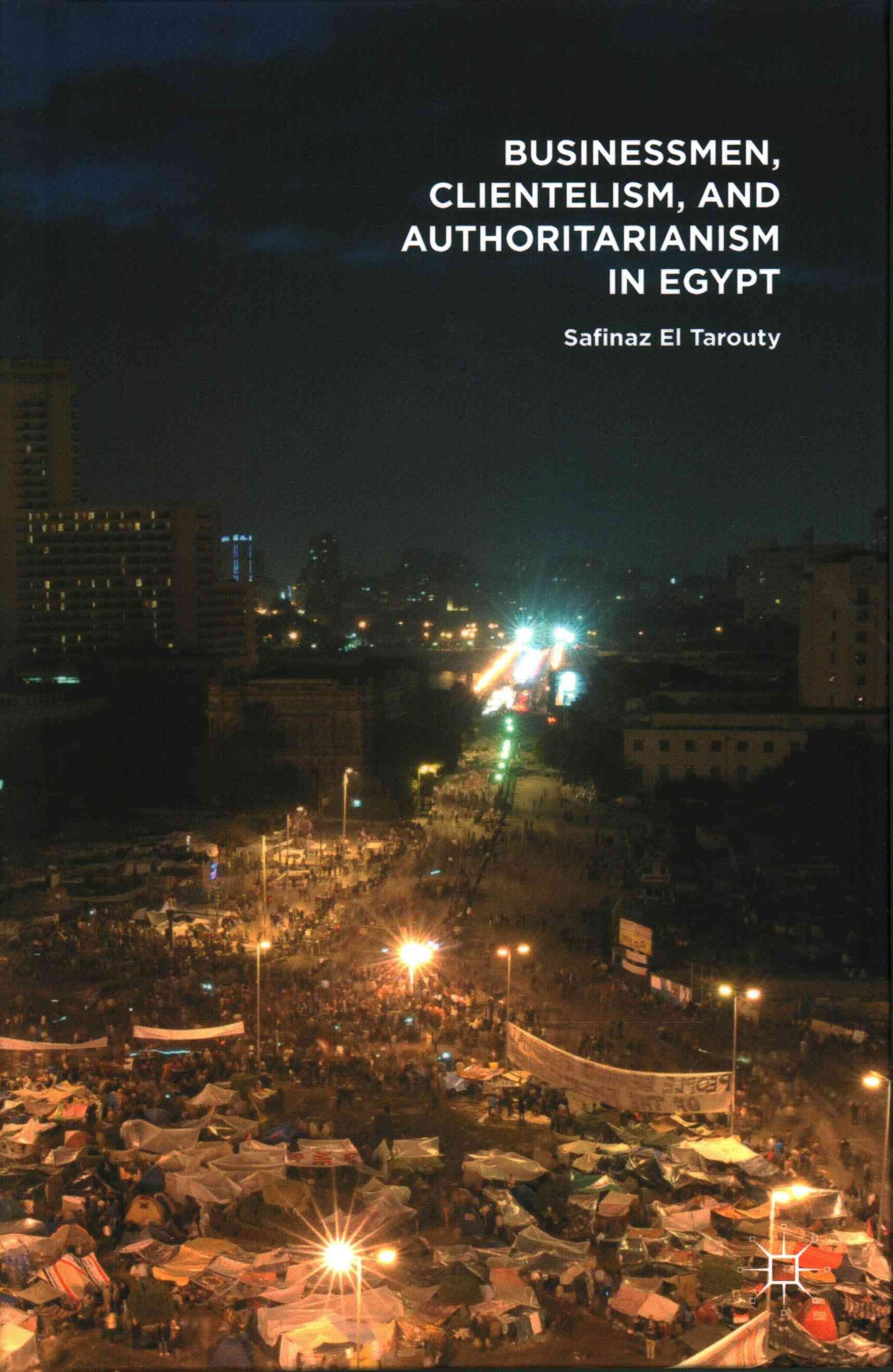After the ousting of former Egyptian president Hosni Mubarak in February 2011, there was much debate about the reasons for the former regime’s longevity and its collapse. Here, Safinaz El Tarouty provides an original contribution to the study of authoritarianism in Egypt by focusing on the role of businessmen in authoritarian survival. As the regime intensified neo-liberal economic reforms that led to social deprivation and frustration amongst increasing numbers of Egyptian citizens, they co-opted businessmen in order to defuse challenges and buttress the regime, constructing a new political economy of authoritarianism. Extending the existing literature on clientelism, El Tarouty creates a typology of regime-businessmen relations to describe the multiple mechanisms of co-option in the context of economic liberalization. Ultimately, though, these businessmen proved too narrow a constituency to provide legitimacy to the regime and in fact formed one of the reasons for its collapse–












